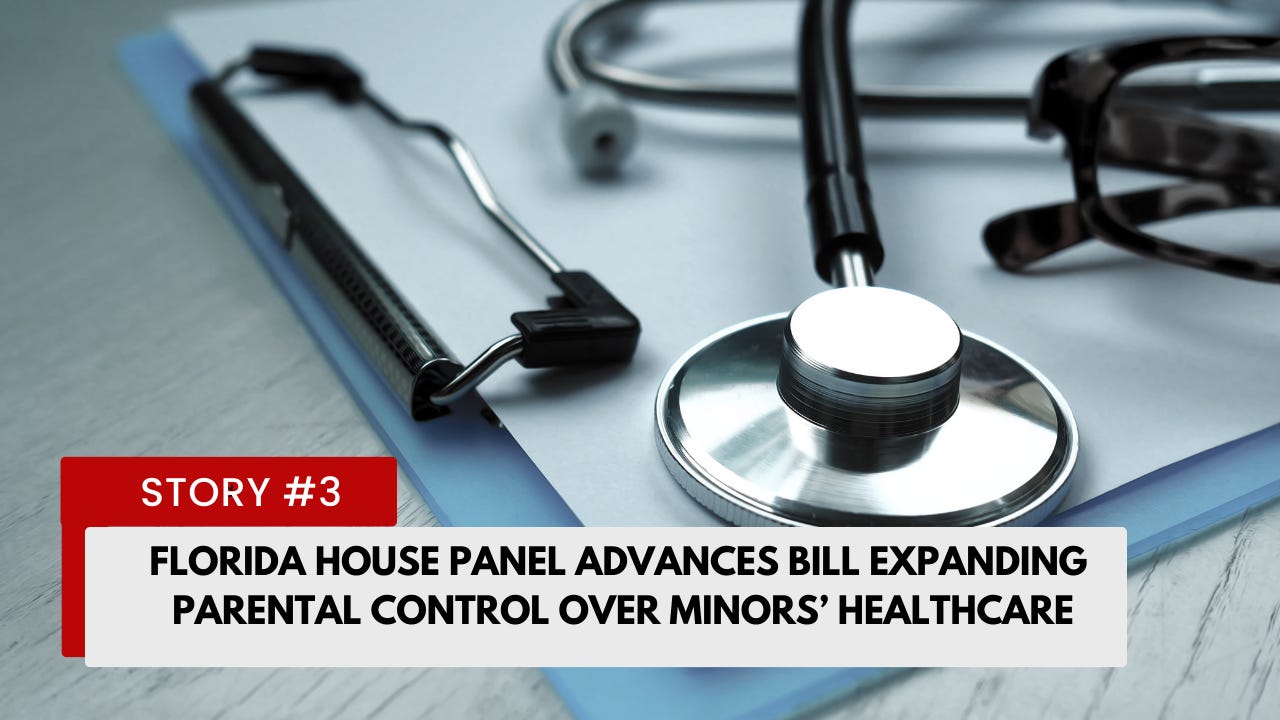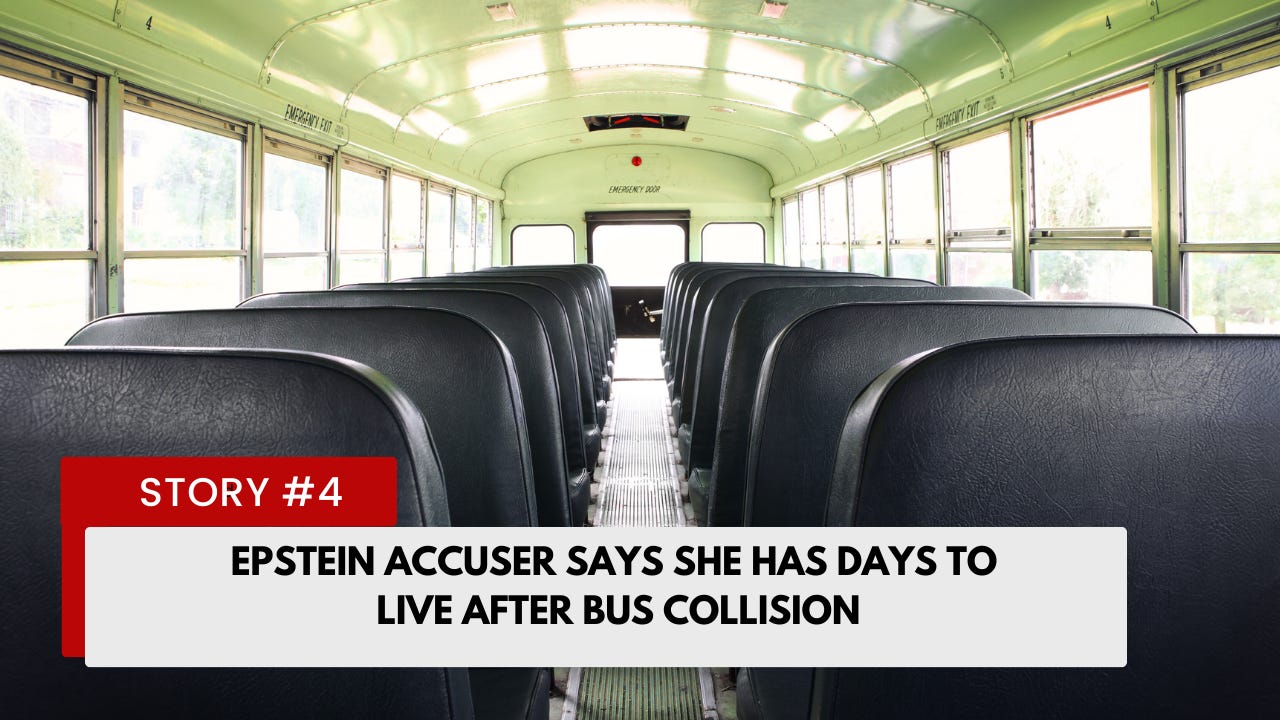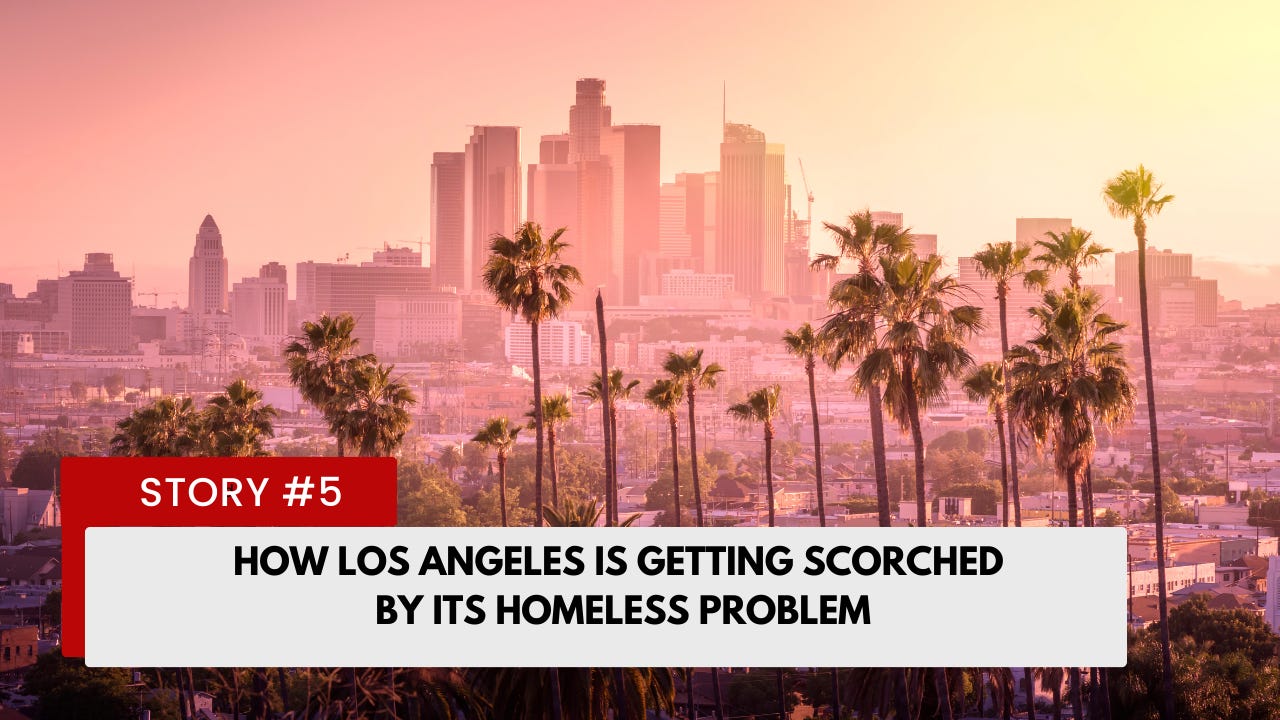I left a high paying job in the mainstream media to go independent. If you can donate to help fund my mission of real news I would appreciate it. I can’t keep doing this without some of you. It’s $6 a month, you can quit at anytime.


LANSING, Mich - For decades, Michigan lawmakers have sworn that corporate subsidies create prosperity. Yet the Strategic Outreach Attraction Reserve, Michigan’s largest subsidy program, has spent $670 million in three after its inception and has not created any jobs, according to a new report.
Politicians promised that the SOAR would create 8,812 jobs.
In 2021, Gov. Gretchen Whitmer signed Senate Bill 844, which created the Strategic Outreach Attraction Reserve and authorized the state to hand out $1 billion to select companies. “Today, I am proud to sign another bipartisan bill that will build on Michigan’s growing economic momentum, attract billions in investment, and create tens of thousands of good-paying jobs,” Whitmer said in 2022. “The bipartisan legislation will help us grow, attract, and retain businesses in Michigan, ensuring we can lead the future of mobility and electrification and bring supply chains of chips and batteries home to Michigan.”
Two significant projects attracted by the fund have either been paused or shrunk as few Michigan consumers have adopted electric vehicles. About 50,000 EVs are registered statewide, according to the federal government.

WASHINGTON D.C. - Remember, the Left said that anybody who had doubts about the balloting or the procedures or the change in laws of voting in 2020 was an election denialist. And they always cited Sidney Powell and Lin Wood, kind of conspiracy theorists that were saying computers were communicating with China or Venezuela.
We’re not talking about any of that. We’re talking about the fact that in 2020, 158 million people voted. Four years later, only 155 million. That’s only happened, I think, two or three times in American history, where four years later, fewer people voted. But the country grew by 11 million people. So, that was kind of odd that we went from an 11 million increase in population but we decreased by 3 million voters.
The other thing that was very odd was that traditionally we only had about 40% of people voting before Election Day, either through mail-in balloting or early balloting. And that was very apparent in 2018, when a traditional 35% to 40%, depending on the state, did not vote on Election Day. But given the changes that were democratically inspired, on Election Day, in 2020, 70% of the people had already voted. And about 55% to 60% of those, even higher in some states, were Democrats.

TALLAHASSEE, Fla. – A bill that aims to expand parental rights over minors’ healthcare, including stricter consent requirements for surveys and medical procedures, passed a Florida House committee Monday.
What it does: HB 1505 expands parental rights in Florida by requiring parental consent for surveys and questionnaires administered to minors, removing existing exceptions that allowed minors to access certain healthcare services without parental consent, and requiring parental consent for the use of biofeedback devices on minors.
The bill eliminates exceptions allowing minors to obtain healthcare services without parental consent, including family planning, abortion-related care, STD treatment, mental health services, and substance abuse treatment.
It requires written parental consent for all medical procedures on minors, except in emergencies or when authorized by a court.
Survey and questionnaire consent: Under the bill, parents gain the right to review and consent to any survey or questionnaire given to their child.
Parents must approve the sharing of survey responses, with clear notice of recipients and the purpose under the bill. Click here to read more.

WASHINGTON (TNND) — Virginia Giuffre, the woman behind a civil lawsuit against the late sex trafficker Jeffrey Epstein, says she now has days to live following a bus collision.
Giuffre wrote via social media her vehicle crumpled like “a tin can” after colliding with a school bus allegedly traveling roughly 70 miles per hour. She has since gone into renal kidney failure and says doctors told her she has just four days to live.
I’m ready to go, just not until I see my babies one last time, but you know what they say about wishes,” she wrote. S”**T in one hand and wish in the other & I guarantee it’s still going to be s**t at the end of the day. Thank you all for being the wonderful people of the world and for being a great part of my life.
She notes in her Instagram bio "pursuit of justice doesn’t stop with Epstein-the elites who trafficked me and so many others are going down-the house of cards will begin to fall.”
Giuffre’s lawsuit named notable figures such as former President Bill Clinton, Britain's Prince Andrew, physicist Stephen Hawking, and law professor Alan Dershowitz, who she claimed were associated with Epstein. She settled her suit against Prince Andrew and withdrew her claim against Dershowitz in 2022. Click here to learn more.

VENICE, Calif. – Francesca Padilla was awakened by the sound of screaming people and breaking glass. Soon she could hear the tortured howls of her neighbor’s dog Togo as the bungalow right next to her Venice home was engulfed in flames.
"It was yelping so loud--the sound isn't the usual dog sound--it was suffering,” another neighbor told a local newspaper. “It was suffering." The homeowner, Dr. Courtney Gillenwater, a pediatrician, was at work when the fire started around 3 a.m. Her neighbors tried and failed to break into her bungalow to rescue Togo. But the Husky-mix ultimately died, and Gillenwater’s home in this Los Angeles neighborhood was destroyed.
Gillenwater suspected that drug addicts from the growing homeless encampment nearby started the April 2021 fire because she had asked city officials to remove a dumpster behind her house where they would congregate.
Her neighbor, Padilla, also believes the homeless were the culprits. “Anyone can see the correlation between homeless encampments and the rise of fires," she said. “We have people cooking drugs out in the open right across the street. Is that not a recipe for disaster?” Click here to read more.



















